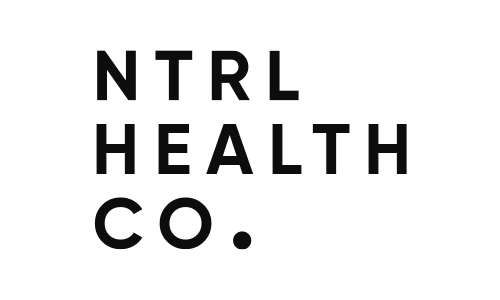
Nutrition Guide for Optimum Gut Health
Share
Introduction:
Maintaining a healthy gut is crucial for overall well-being. A balanced diet rich in fiber, probiotics, prebiotics, and other essential nutrients can support a diverse microbiome and promote digestive health. This nutrition guide aims to provide practical tips and recommendations for optimizing gut health through dietary choices.
Emphasize Fiber-Rich Foods:- Include plenty of fruits, vegetables, whole grains, legumes, nuts, and seeds in your diet.
- Fiber promotes regular bowel movements, prevents constipation, and supports the growth of beneficial gut bacteria.
- Aim for at least 25-30 grams of fiber per day.
Consume Probiotic-Rich Foods:
- Incorporate fermented foods like yogurt, kefir, kimchi, sauerkraut, tempeh, and miso into your meals.
- Probiotics introduce beneficial bacteria into the gut, which can help maintain a healthy balance of microorganisms.
Include Prebiotic Foods:
- Prebiotics are non-digestible fibers that nourish beneficial gut bacteria.
- Foods rich in prebiotics include garlic, onions, leeks, asparagus, bananas, oats, and flaxseeds.
- Incorporate these foods regularly to support the growth of beneficial gut microbes.
Limit Added Sugars and Processed Foods:
- Excessive consumption of added sugars and processed foods can disrupt gut microbiota and contribute to inflammation.
- Minimize intake of sugary snacks, desserts, sodas, and processed foods high in refined carbohydrates.
- Opt for whole, unprocessed foods whenever possible.
Choose Lean Protein Sources:
- Include lean protein sources such as poultry, fish, eggs, tofu, legumes, and nuts in your diet.
- Protein is essential for tissue repair and muscle growth, but excessive consumption of red and processed meats may negatively impact gut health.
Incorporate Healthy Fats:
- Include sources of healthy fats like avocados, olive oil, nuts, seeds, and fatty fish (such as salmon and mackerel).
- Healthy fats support nutrient absorption and help reduce inflammation in the gut.
Stay Hydrated:
- Drink plenty of water throughout the day to support digestion and prevent constipation.
- Herbal teas, coconut water, and infused water are also hydrating options.
Practice Mindful Eating:
- Chew your food thoroughly and eat slowly to aid digestion and absorption of nutrients.
- Pay attention to hunger and fullness cues, and avoid overeating.
Manage Stress:
- Chronic stress can impact gut health by altering gut microbiota composition and function.
- Practice stress-reducing techniques such as meditation, deep breathing exercises, yoga, or spending time in nature.
Consider Individual Needs:
- Everyone's gut microbiota is unique, so it's essential to listen to your body and adjust your diet based on individual preferences and tolerances.
- If you have specific dietary restrictions or medical conditions, consult with a healthcare professional or registered dietitian for personalized guidance.
Conclusion:
Optimising gut health through nutrition is a proactive approach to supporting overall well-being. By incorporating fiber-rich foods, probiotics, prebiotics, and other essential nutrients into your diet while minimizing processed foods and managing stress, you can promote a healthy gut microbiome and enjoy improved digestive health. Remember to make gradual changes and listen to your body's cues for optimal results.
